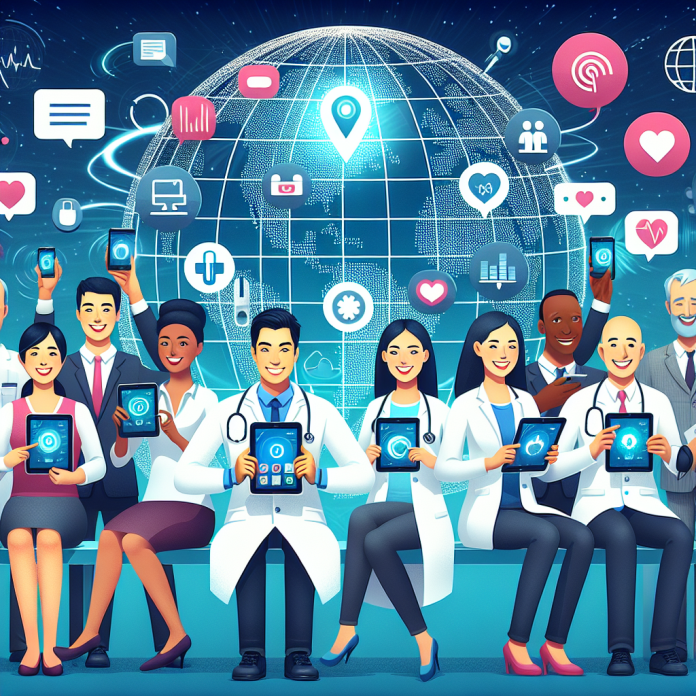With the rise of smartphones and mobile technology, healthcare has been experiencing a significant transformation. Mobile health apps, also known as mHealth apps, are playing a crucial role in revolutionizing healthcare delivery and management.
Benefits of Mobile Health Apps
Mobile health apps offer a wide range of benefits for both patients and healthcare providers. Some of the key benefits include:
- Convenience: With mobile health apps, patients can easily access healthcare services anytime, anywhere.
- Improved communication: Mobile health apps facilitate better communication between patients and their healthcare providers, leading to improved outcomes.
- Personalized care: Mobile health apps can provide personalized health information and guidance based on individual needs and preferences.
- Remote monitoring: Mobile health apps enable remote monitoring of patients’ health metrics, allowing for timely interventions and adjustments in treatment plans.
Popular Mobile Health Apps
There are numerous mobile health apps available in the market, catering to a wide range of healthcare needs. Some popular mobile health apps include:
- MyFitnessPal: A fitness and nutrition tracking app that helps users monitor their daily calorie intake and exercise levels.
- Medisafe: A medication management app that reminds users to take their medications on time and helps track their adherence to medication schedules.
- Fitbit: A health and fitness app that tracks users’ physical activity, sleep patterns, and heart rate, providing insights into their overall health and wellness.
- TeleDoc: A telemedicine app that allows users to consult with healthcare providers remotely through video calls or messaging.
Challenges and Limitations
While mobile health apps offer numerous benefits, there are also some challenges and limitations that need to be addressed. Some common challenges include:
- Data security and privacy concerns: Mobile health apps collect sensitive health information, raising concerns about data security and privacy.
- Lack of regulation: The rapidly evolving nature of mobile health apps has led to a lack of consistent regulation and oversight, posing risks to patient safety.
- Digital divide: Not everyone has access to smartphones or the internet, creating a digital divide that may limit the reach and effectiveness of mobile health apps.
Conclusion
Mobile health apps have the potential to revolutionize healthcare delivery and management by providing convenient access to healthcare services, facilitating better communication between patients and providers, and enabling personalized care. However, it is essential to address the challenges and limitations associated with mobile health apps to ensure their safe and effective use in healthcare settings.

